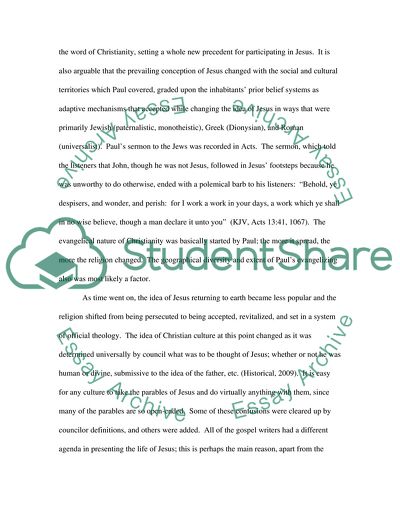Cite this document
(The Religion of Christianity Case Study Example | Topics and Well Written Essays - 1250 words, n.d.)
The Religion of Christianity Case Study Example | Topics and Well Written Essays - 1250 words. https://studentshare.org/religion-and-theology/1724786-then-and-now
The Religion of Christianity Case Study Example | Topics and Well Written Essays - 1250 words. https://studentshare.org/religion-and-theology/1724786-then-and-now
(The Religion of Christianity Case Study Example | Topics and Well Written Essays - 1250 Words)
The Religion of Christianity Case Study Example | Topics and Well Written Essays - 1250 Words. https://studentshare.org/religion-and-theology/1724786-then-and-now.
The Religion of Christianity Case Study Example | Topics and Well Written Essays - 1250 Words. https://studentshare.org/religion-and-theology/1724786-then-and-now.
“The Religion of Christianity Case Study Example | Topics and Well Written Essays - 1250 Words”. https://studentshare.org/religion-and-theology/1724786-then-and-now.


